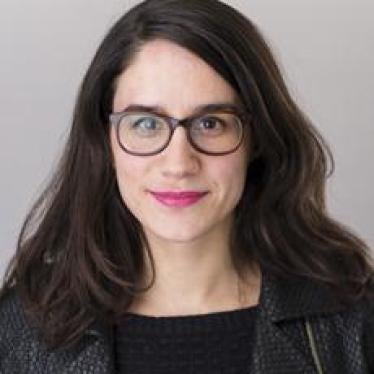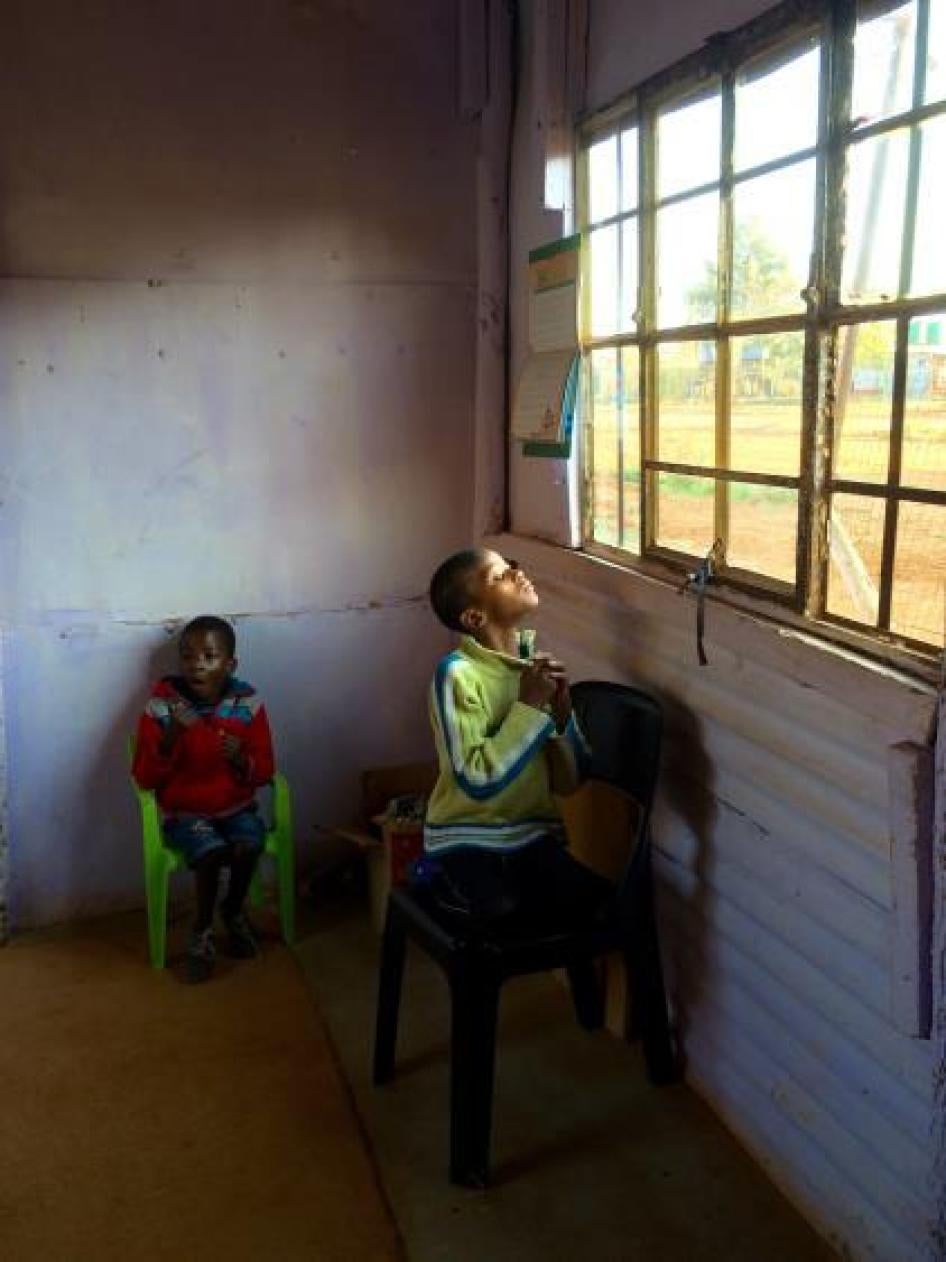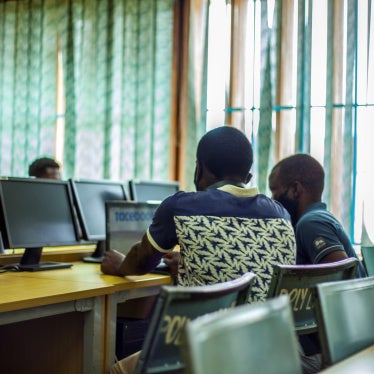A top South African official spoke in glowing terms earlier this week about the country’s successes in ensuring children with disabilities have the same opportunities as other children when it’s time to go to school.
But these words are far from the realities faced by many children with disabilities in South Africa.
Hendrietta Bogopane-Zulu, South Africa’s Deputy Minister for Social Development, addressed this topic at the UN Committee on the Rights of the Child in Geneva, where her country’s child rights record was under scrutiny.
Bogopane-Zulu barely recognized the exclusion and discrimination children with disabilities face when accessing schools. Most strikingly, the deputy minister focused her presentation on the high enrolment of children in special schools and services provided in those schools, breezing past questions on the inclusion of children with disabilities in mainstream schools.
The deputy Minister told the expert Committee that “disabled children in South Africa don’t do a specialized curriculum – they reach matric [or the end of secondary education].” However, the research of Human Rights Watch and other organizations show this is not true: many children with disabilities are wrongfully placed in special schools where they will not be allowed the same chances in education.
South Africa’s delegation to the UN body of experts repeatedly requested 48 hours to present data on many issues. Yet there were discrepancies in some of the education data they presented, including on the enrolment of children with disabilities, prompting one of the experts to ask: “Do you or don’t you have the data?”
Historically, South Africa has relied on estimates and outdated data to calculate how many children with disabilities are out of school. Why did the delegation simply not commit to producing accurate data in a timely manner?
South Africa has adopted clear international and national obligations to promote and guarantee inclusive education to its children. The deputy minister’s department is tasked with spear-heading efforts to ensure the equal treatment of children with disabilities. Yet the government’s presentation and interaction with the UN’s body is a worrying reflection of how it treats children with disabilities when it comes to their schooling. Business as usual will not help tackle the multiple barriers excluding children with disabilities from schools across the country.
South Africa’s politicians and senior government officials should be in touch with the reality faced by children with disabilities. The UN has given the government a strong reminder of their obligations to promote inclusion in education, not exclusion.










